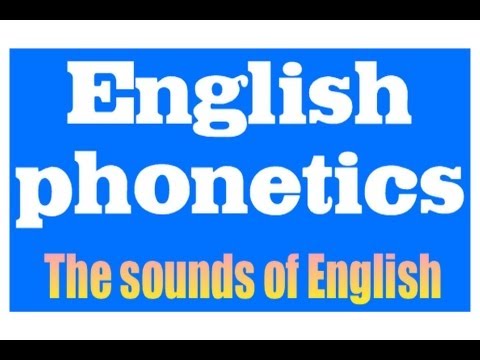Phonetics

2. Consonants
2.5. Approximants
Consonants that are almost like vowels:
Lateral /l/ A lateral consonant is one in which the passage of the air through the mouth doesn’t go in the usual way along the center of the tongue. Instead, there is a complete closure between the center of the tongue and the roof of the mouth. So, the air escapes from the mouth along the sides of the tongue. The only additional information about the lateral /l/ is the existence of two different realizations for the lateral /l/.
*A clear /l/: It is similar to an /i/ vowel were the front of the tongue is raised. Usually at initial position always before vowels: look, leave ,silly…etc
*A dark /l/: It is similar to an /u/ vowel were the back of the tongue is raised. It never occurs before a vowel. It is final or medial preceding a consonant: self, film, field, feel….etc
Approximant /r/ The approximant /r/ is produced by the tip of the tongue approaching the alveolar area but it never touches it. Besides, the tongue is slightly curled backwards with the tip raised (this is called to be “retroflex”).
RHOTIC R: In one set of accents of English, r is pronounced wherever it is orthographically present: red, barrier, beer, beard, worker. Such a variety is variously known as rhotic, r-pronouncing, or r-full. LIKE IN Canada and India
NON-RHOTIC R: In another set of accents, r is pronounced in syllable-initial position (red) and intervocalically (barrier), but not postvocalically (beer, beard, worker). In such positions it is vocalized (turned into a vowel) and not pronounced unless another vowel follows. Such a variety is variously known as non-rhotic, non-r-pronouncing, or r-less. LIKE IN Australia and Black Africa
/j/ and /w/ (Semivowels) These two sounds are phonetically vowels but phonologically consonants. That is, phonetically they are pronounced as /i:/ and /u:/ but a little bit shorter.
Phonetically the articulation of /j/ is similar to that of /i:/ but shorter: yes
Phonetically the articulation of /w/ is similar to that of /u:/ but shorter: was
But, phonologically they are like consonants, they usually occur before vowels:
/w/: war,win,queen…..etc
/j/ :you,pure,young…..etc

